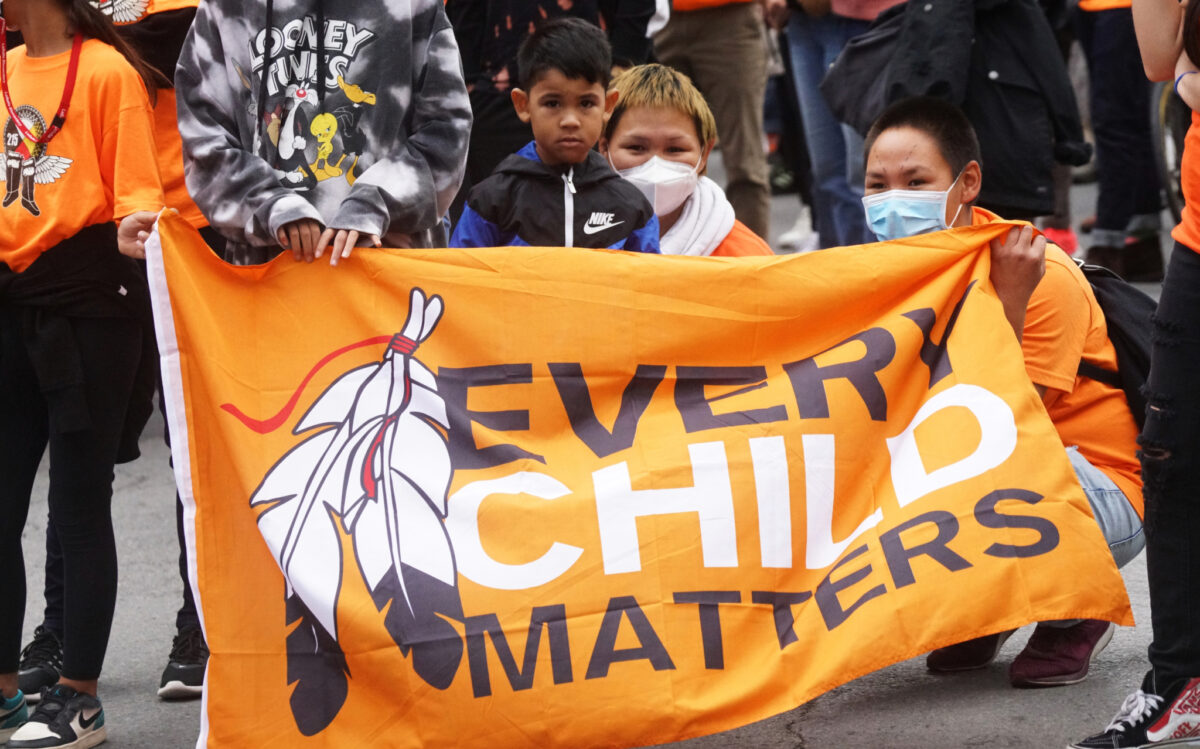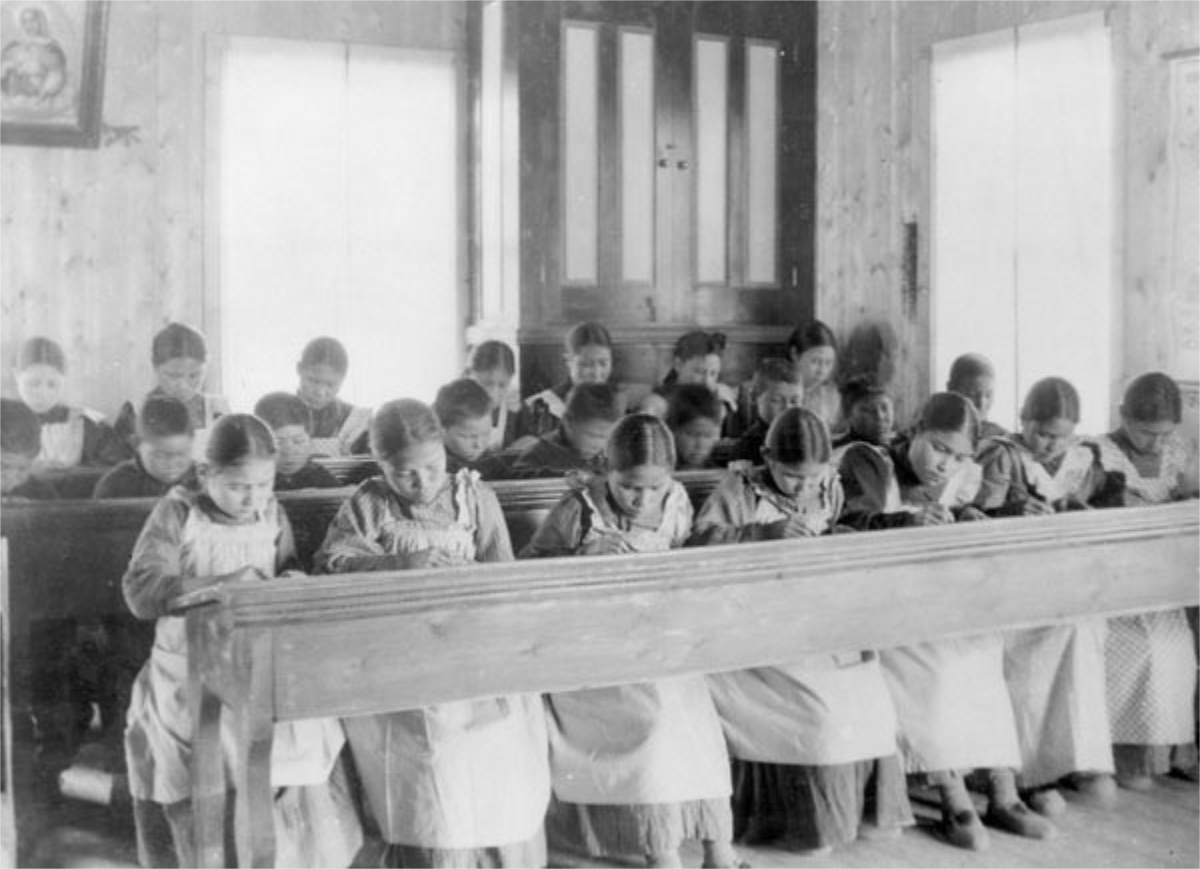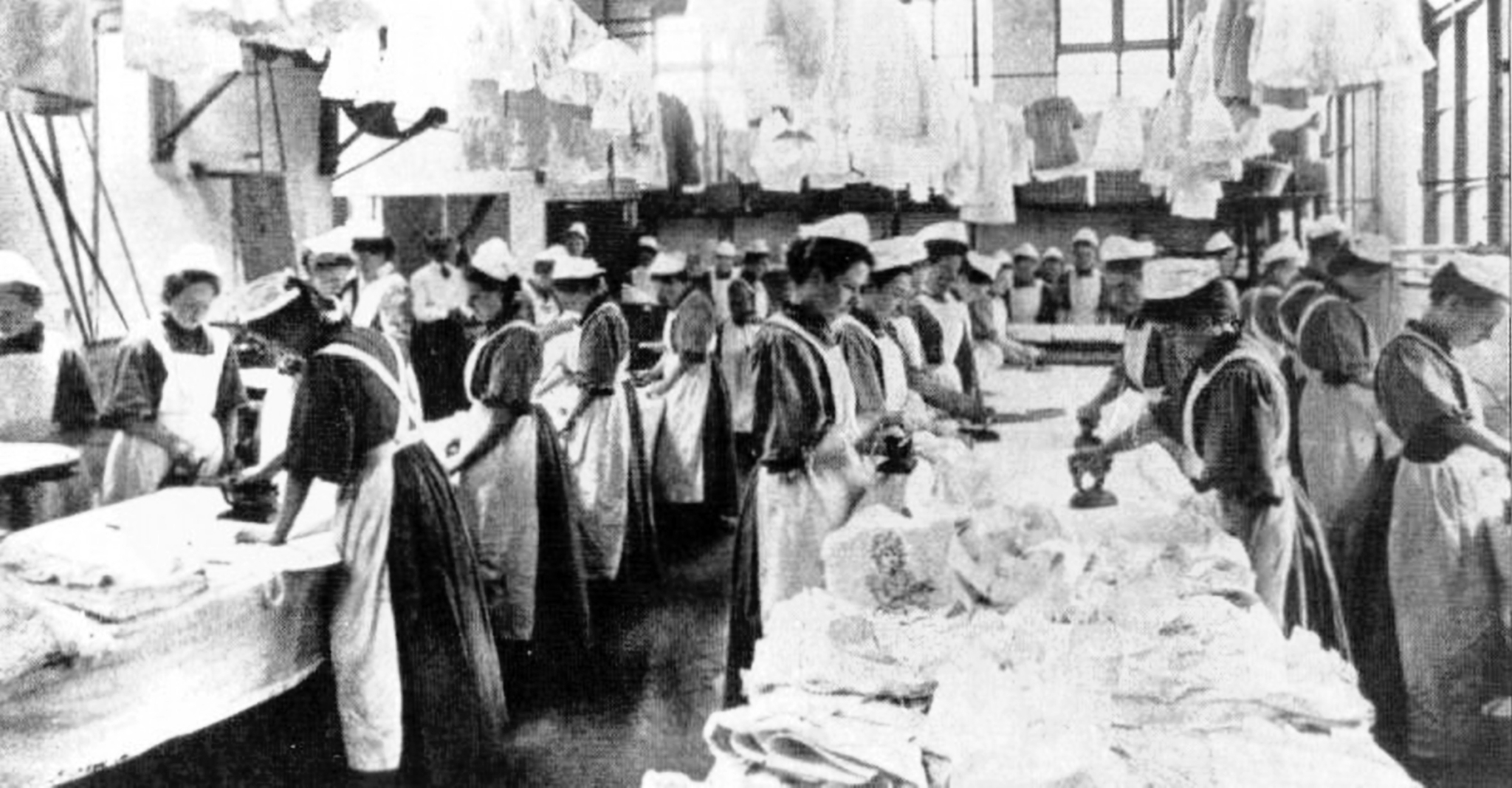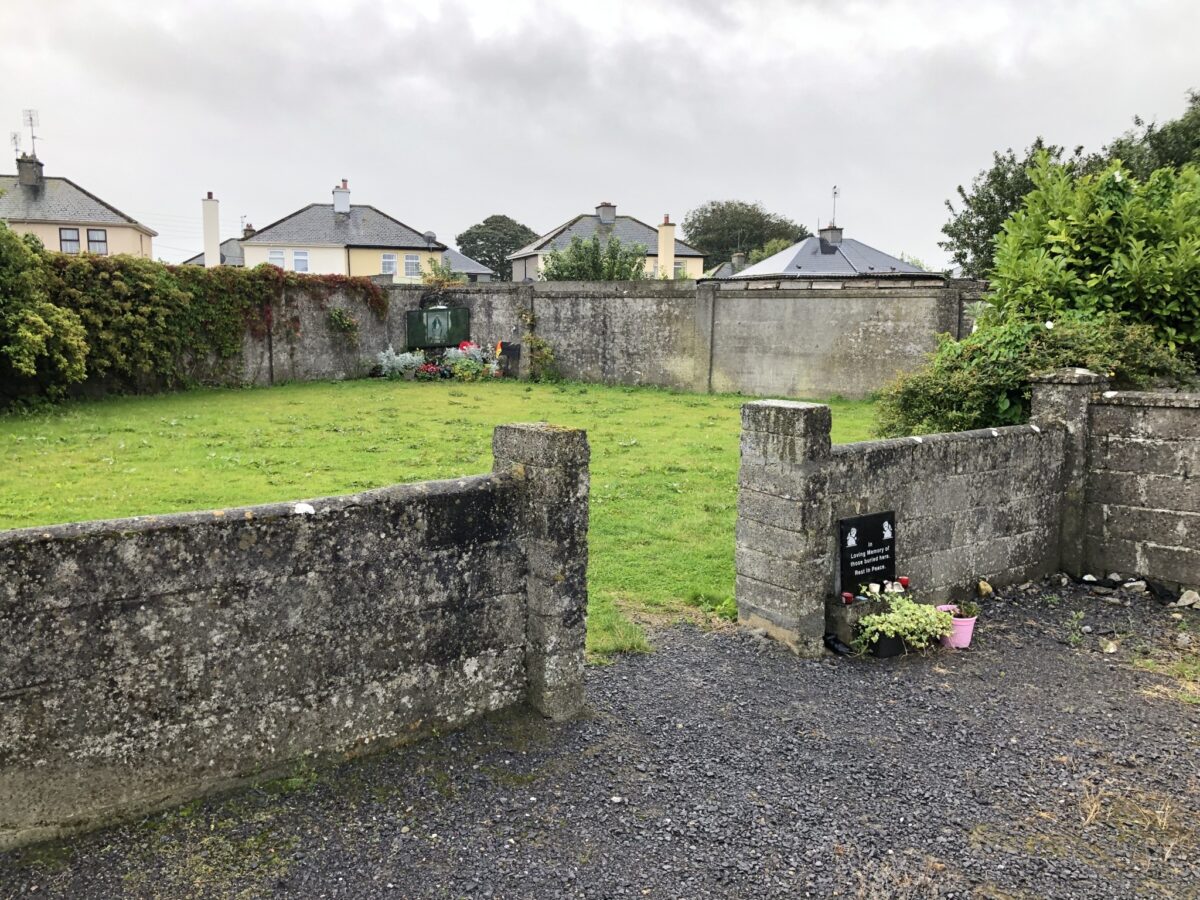Reappraisal in an international context
Not only did compulsory social measures and placements happen in Switzerland, they also happened in many other countries. Historical wrongs are also being reappraised abroad as well, although the focus varies from case to case. However, it has been found, however, is that the experiences of the victims and the underlying power structures were similar in many respects.

Australia, Canada and Ireland, for example, began to address the issue of compulsory social measures and placements as early as the 1990s. In Australia and Canada, the focus was on the fate of indigenous children who were forcibly removed from their families to assimilate into the majority culture. Meanwhile, in Ireland, attention focused on the Magdalene Laundries. Here, it was primarily the misconduct of the Catholic Church that was investigated, as it played a central role.

Study time at the Roman Catholic Indian Residential School in Denı́nu Kų́ę́ (Fort Resolution), Northwest Territories, Canada.
One of the many so-called ‘residential schools’ in Canada, where ‘Indigenous’ children were sent to separate them from their native culture and instead educate them according to Christian-European values.

Laundry workers in a Magdalene Asylum / Magdalene Laundry in England in the early 20th century.
Magdalene Asylums, also known as Magdalene Laundries, were institutions in which women (unmarried mothers, sex workers, rape victims, addicts) were held against their will and forced to work. They often had to put their children up for adoption.
Image: unknown. Source: Public Domain, https://commons.wikimedia.org/w/index.php?curid=11187106.
In England, Norway, Sweden, the Netherlands, Belgium, Germany and Austria, abuses in children’s homes and cases of abuse of children in foster care also came to the light. These reappraisal processes were given impetus by the 1989 UN Convention on the Rights of the Child, which emphasises that children have a right to protection and must be heard.
Similar experiences among those affected
Although there were differences in the organisation of institutions between countries and regions, the forms of violence and power structures experienced by those affected were comparable. Countless people suffered abuse and violence in homes and institutions, and were forced to work and exploited. Family ties were destroyed. Many of those affected still suffer from the consequences today, such as post-traumatic stress disorder and long-term health issues. Another commonality across all countries is that those affected mostly came from socially and economically disadvantaged backgrounds. Instead of freeing them from this situation, the measures often resulted in them achieving lower educational qualifications and continuing to live in precarious circumstances later in life.
Paths of reappraisal and recognition
The reappraisal processes are usually based on several pillars. These include academic studies, financial contributions and psychological support. Governments and responsible institutions also issue apologies. Outreach projects ensure that the research findings and reports from contemporary witnesses are made available to the general public. Although Switzerland started this reappraisal process relatively late by international standards, the Swiss reappraisal is comprehensive by comparison. Specifically, it is not limited to individual forms of compulsory social measures or individual groups of people affected, such as former foster children and children in care; it also includes administrative detention, forced adoptions, forced abortions or sterilisations, and people subjected to forced medication or drug trials.

Another way of critically dealing with the country’s past is through truth and reconciliation commissions. Such commissions were launched in South Africain the mid-1990s, for example, after the end of apartheid. Affected individuals were given the opportunity to recount their experiences, structures of violence were exposed, and encounters between victims and perpetrators were facilitated. The intention was to pave the way to a democratic society. It has also lead to new initiatives to reappraise and recognise injustices. One such initiative is the “Justice Initiative”, launched by the Guido Fluri Foundation in collaboration with victims’ groups, victims’ organisations and researchers across Europe. The initiative is committed to reappraising child abuse and improving child protection across Europe.
Similar reappraisal processes have been taking place in many countries for some years now, prompting talk of an “age of inquiry”. Many countries are trying to change the way they remember the past. The aim is to critically examine the past. Those who were systematically marginalised and disadvantaged in the past should be given a voice and a place in our collective memory.
